17 Cat Discipline Tips Every Pet Owner Needs to Know
Cats are mysterious, intelligent, and occasionally mischievous creatures. If you’ve ever felt at your wit’s end trying to steer their behavior, you’re not alone. Discipline isn’t about punishment—it’s about understanding, teaching, and building trust. These 17 tips will help you address your cat’s quirks and encourage a harmonious home.
Physical Punishment Is Never the Answer—Here’s Why
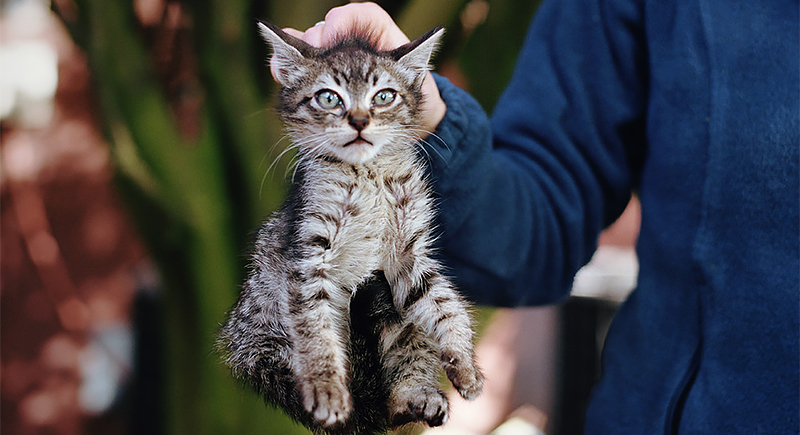
Credit: flickr
Cats don’t connect physical punishment with their actions. Swatting, scruffing, or rough handling only teaches them to fear you, which can lead to mistrust and aggression. Instead, focus on using non-confrontational approaches like redirection or positive reinforcement.
Scratching Isn’t Misbehavior—It’s Instinct
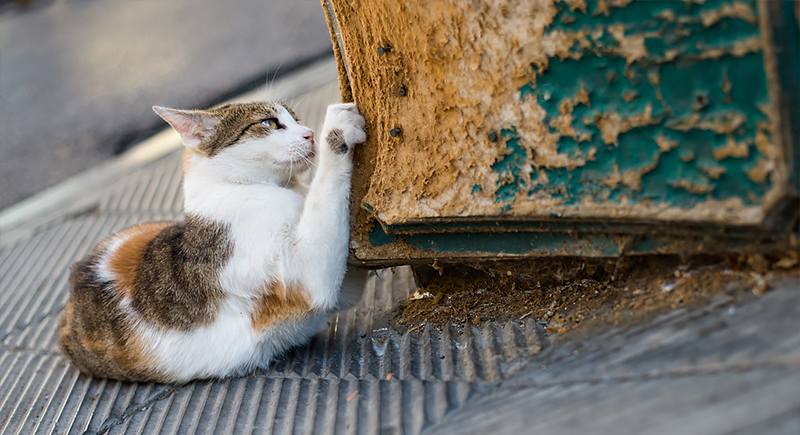
Credit: flickr
Scratching helps cats stretch and mark their territory. Rather than viewing it as bad behavior, provide alternatives like vertical and horizontal scratching posts. Place them near furniture your cat tends to target to make redirection easier. Reward your kitty with treats or affection when they use their scratching post.
Praise Good Behavior and Ignore Minor Missteps

Credit: iStockphoto
Cats thrive on positive reinforcement. If they use their scratching post or refrain from jumping on the table, offer treats, playtime, or affection. Ignoring harmless missteps can also help extinguish bad habits over time without stress.
Counters Aren’t Cat Kingdoms (But They Think They Are)

Credit: flickr
Cats love high perches, and your countertops are prime real estate. Rather than constantly shooing them away, offer a nearby cat tree or perch. Redirect them calmly every time they jump up, and reward them for using the appropriate spot.
Consistency Is Key to Success

Credit: freepik
Cats are creatures of habit, and inconsistent rules will confuse them. If one person lets them on the bed while another forbids it, they won’t know what’s allowed. Ensure everyone in your household follows the same boundaries to avoid frustration.
Loud Noises Can Backfire

Credit: freepik
Yelling might grab your cat’s attention, but it’s not the most effective strategy. Instead of shouting, use a calm but firm voice to say “no” or “stop it.” Cats respond better to clear, non-threatening communication.
Sudden Misbehavior? Look for Underlying Issues
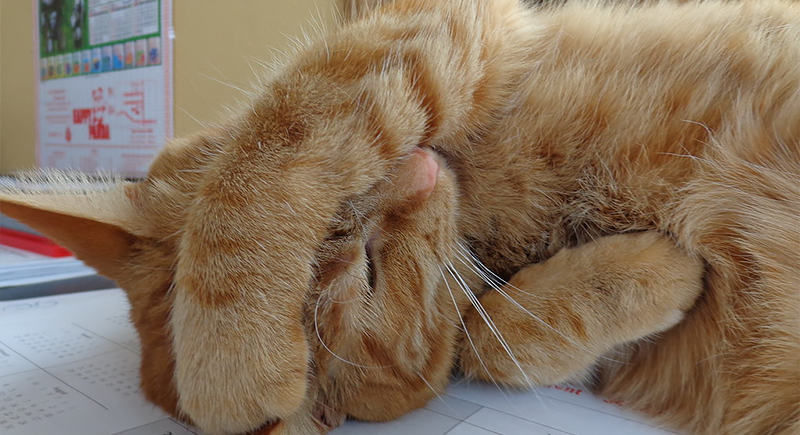
Credit: flickr
If your cat starts acting out unexpectedly, there’s likely a reason. Stress, boredom, or even health problems could be the cause. For instance, a cat scratching excessively might need more playtime or be marking territory due to changes at home. Addressing the root cause is crucial.
Gentle Deterrents Work Wonders
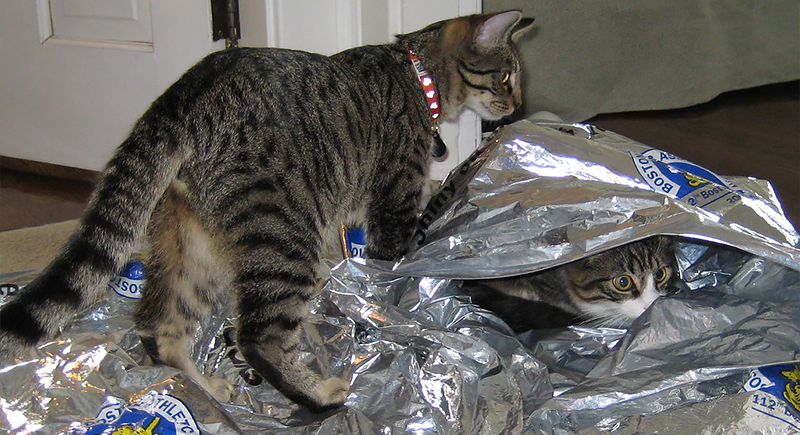
Credit: flickr
Double-sided tape, aluminum foil, or citrus sprays can discourage cats from accessing certain areas without making you the bad guy. Pair these deterrents with acceptable alternatives, like scratching posts or designated climbing spots, to teach them where they’re welcome.
Time-Outs for Aggression

Credit: flickr
If your cat becomes overly aggressive during play, a brief time-out can help. Place them in a quiet room with essentials for a few minutes. This gives them a chance to reset without associating you with punishment.
Spray Bottles- Tempting but Problematic
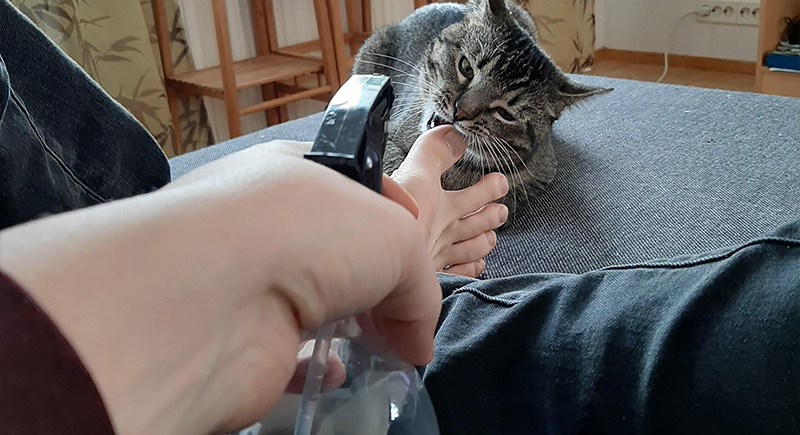
Credit: Reddit
Many pet owners resort to spray bottles, but this method can harm your bond with your cat. They’ll associate the negative experience with you rather than the behavior. Redirecting and rewarding good habits are more effective in the long run.
Keep Your Cat’s Mind Busy
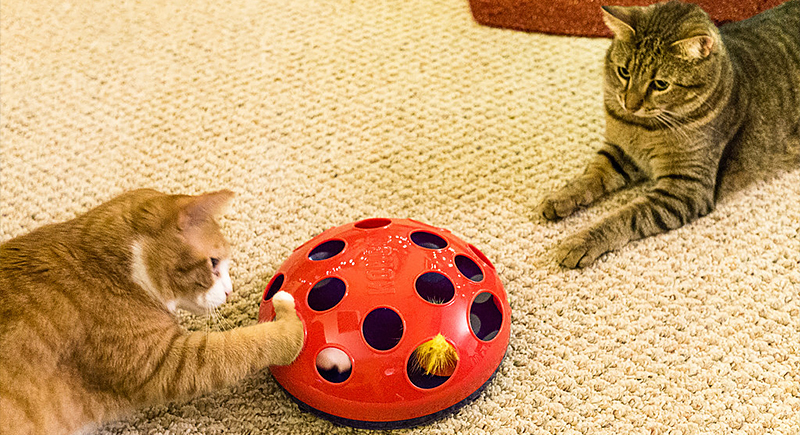
Credit: flickr
Boredom often leads to mischief. Interactive toys, puzzle feeders, or even a window perch for birdwatching can keep your cat entertained. A busy cat has less time for unwanted behaviors like scratching or excessive meowing.
Patience Is Your Greatest Ally

Credit: Reddit
Training a cat takes time. They learn through repetition and positive reinforcement, so stick with it even if progress feels slow. Consistency and patience will eventually pay off.
Ditch Outdated Methods Like Scruffing

Credit: iStockphoto
Scruffing might seem instinctive, but it’s outdated and stressful for your cat. Instead, use gentle handling and calm redirection to address unwanted actions without damaging your relationship.
Know When to Call in the Experts

Credit: freepik
Some behaviors may require professional help. Don’t hesitate to consult a veterinarian or animal behaviorist if issues persist. They can help identify deeper causes and tailor solutions to your cat’s needs.
A Stress-Free Environment Leads to Better Behavior
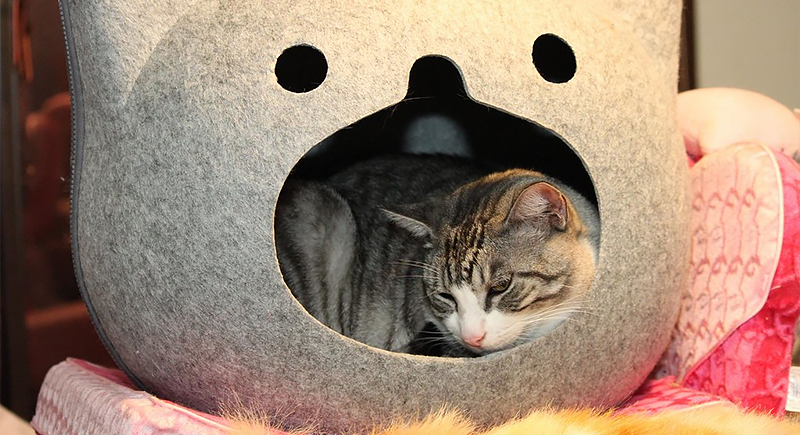
Credit: flickr
Cats are sensitive to their surroundings. Stress can manifest as destructive or aggressive actions, so maintaining a calm, predictable home is essential. Stick to routines, provide cozy hideouts, and ensure they have plenty of enrichment to keep them happy.
Recognize the Power of Routine
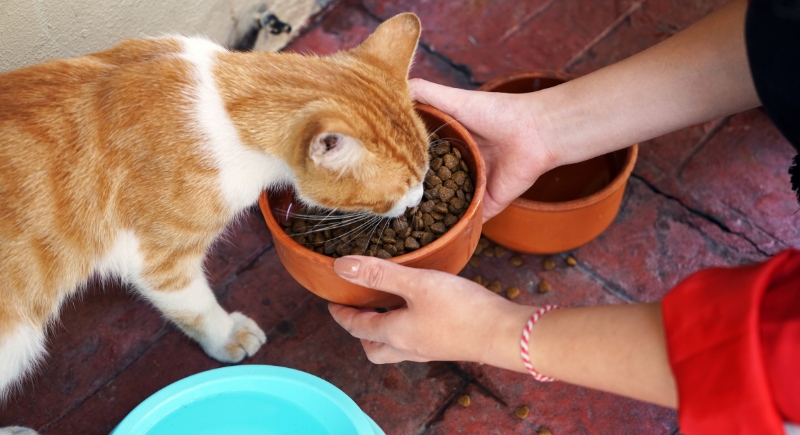
Credit: Getty Images
Sticking to a steady routine gives your cat a comforting sense of predictability. Regular feeding times, play sessions, and quiet periods help reduce anxiety and curb unwanted antics. When your cat knows what happens next, behavior becomes easier to guide, and good habits naturally take root.
Offer Vertical Territory

Credit: Getty Images
Offering tall spaces satisfies your cat’s urge to climb and survey the room from above. Cat trees, shelves, and window perches give them a safe outlet for exploring and claiming territory. Providing these elevated options reduces counter hopping, boosts confidence, and channels energy into healthier, more cooperative behavior.